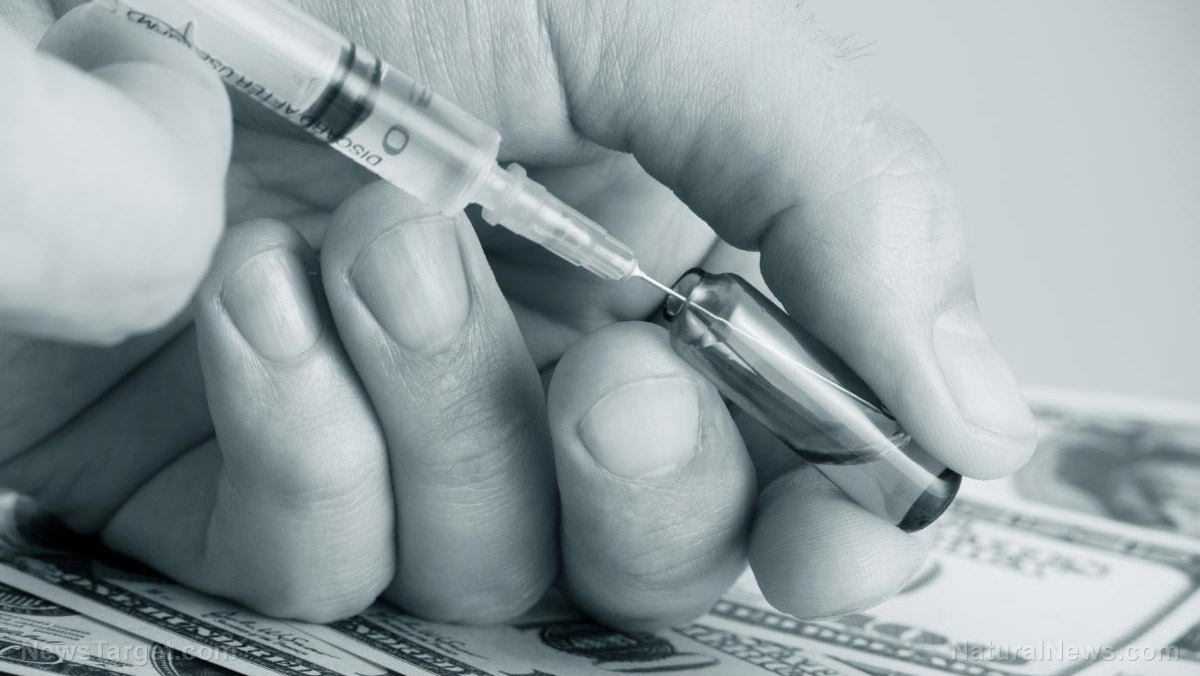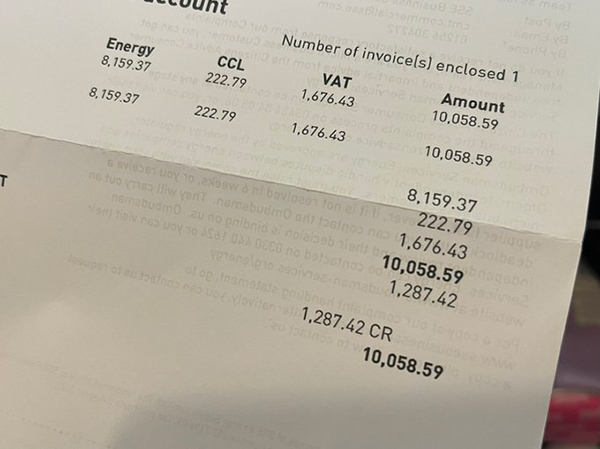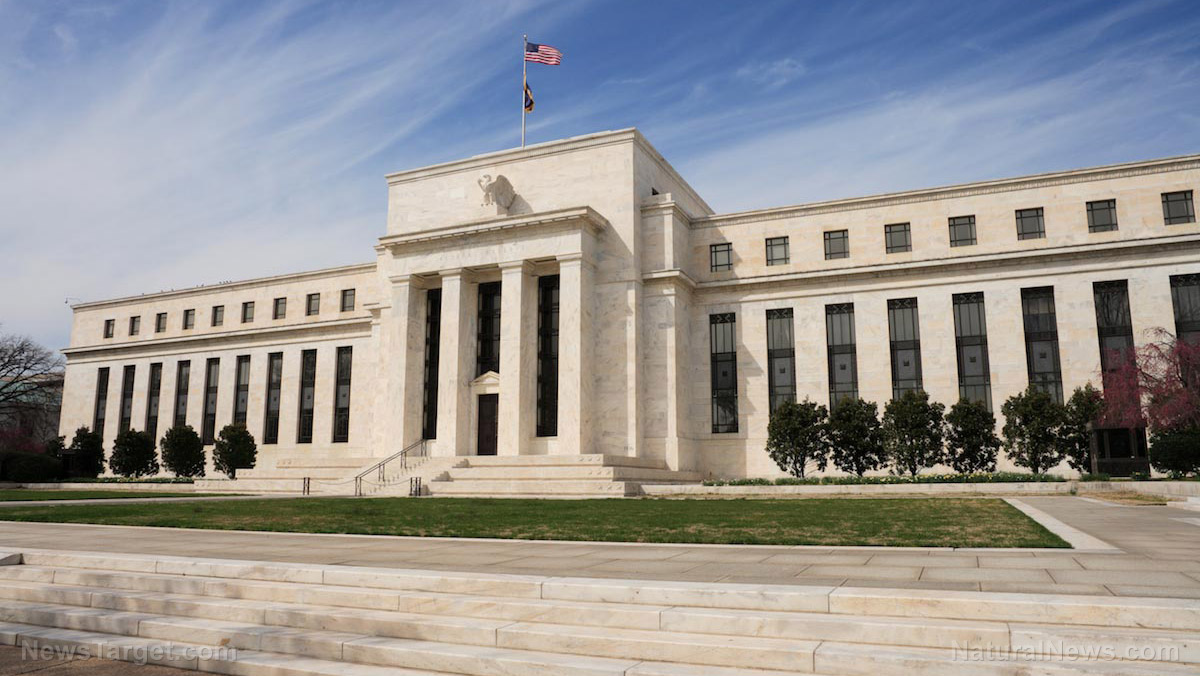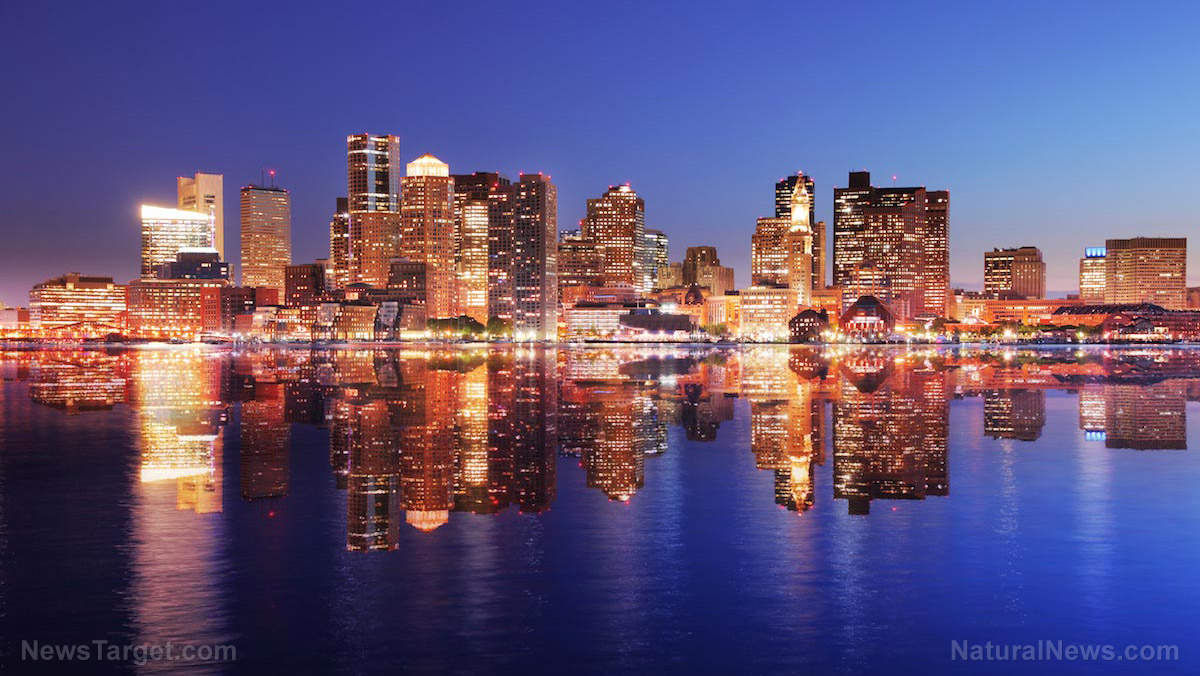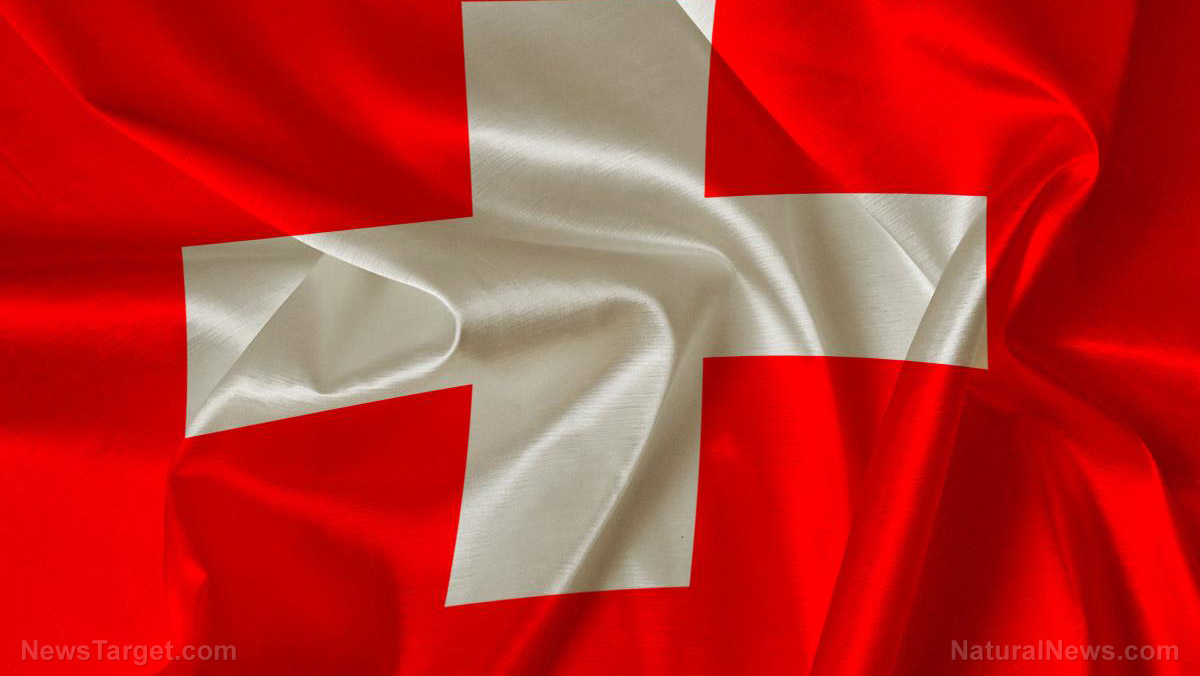Central banks trying to combat inflation as Europe and US face likelihood of recession
06/23/2022 / By Mary Villareal
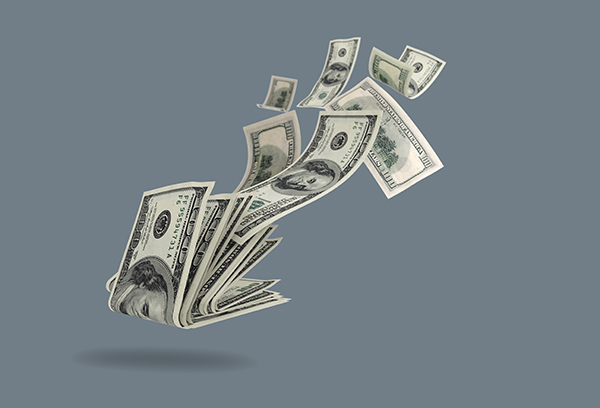
Deutsche Bank CEO Christian Sewing has revealed that central banks around the world are forced to aggressively tighten their monetary policies to combat inflation because Europe and the U.S. face a high likelihood of recession.
The U.S. Federal Reserve, European Central Bank (ECB), Swiss National Bank and the Bank of England have all made their move to rein in inflation in varying degrees. Consumer price inflation in the Eurozone hit another record high of 8.1 percent in May and the ECB has confirmed its intention to begin hiking interest rates at its July meeting.
Because of this, central bank leaders and economists have acknowledged that the aggressive tightening may be necessary to rein in inflation, but they could also run the risk of tipping economies into recession as global factors have slowed their own growth.
The proximity of Europe to the war in Ukraine, along with its reliance on Russian energy imports, has rendered the continent uniquely vulnerable to the conflict.
“One thing is clear: if there is a sudden stop of Russian gas, the likelihood of a recession coming sooner is obviously far higher. There is no doubt,” Sewing said in an interview.
He also said that there has been a challenging situation that increases the probability of a recession in Germany or Europe in 2023 or the year after. Compared to previous years, the impact has been bigger, and inflation has only gotten worse, which could affect monetary policies.
Along with the inflation that stemmed from the war in Ukraine and the sanctions on Russia, supply chains have also been stalled by resurgent post-pandemic demand and a return of COVID-19 control measures, especially in China.
“That is such a challenging situation that we have three, four drivers which can severely impact the economy,” Sewing said. “And all of that coming together at one and the same time means that there is enough pressure and a lot of pressure on the economy, and hence the likelihood of a recession coming into Europe, but also in the U.S., is quite high.”
Sewing said he is increasingly reluctant to rely on traditional models as the economy faces a “perfect storm” that could cause a recession. The most pressing matter, however, remains to be inflation. (Related: The Federal Reserve hides price inflation, but why?)
“We need to fight inflation because, at the end of the day, inflation is the biggest poison for the economy,” he said.
UK inflation hits 40-year high
Meanwhile, inflation in the U.K. hit 9.1 percent year-on-year in May, with soaring food and energy prices continuing to deepen in the country’s cost-of-living crisis. This massive rise in the consumer price index, however, was in line with expectations from economists and only slightly higher than the nine percent increase recorded in the previous month.
Consumer prices also rose by 0.7 percent month-on-month in May, which is slightly above expectations for a 0.6 percent raise, but well short of the 2.5 percent monthly increase in April, showing that inflation is somehow slowing.
The largest upward contributions to the inflation rate came from housing and household services, including electricity, gas and other fuels and transport. The consumer price index (CPI), including owner occupier’s housing costs, came in at 7.9 percent in the 12 months to May, up from 7.8 percent from the previous month.
The Bank of England implemented a fifth consecutive hike in interest rates last week, although it stopped short of the aggressive hikes seen in the U.S. and Switzerland as it looks to rein in inflation without compounding the current economic slowdown. (Related: America about to suffer as Federal Reserve struggles to battle inflation.)
Sitting at a 13-year high, the main bank rate now sits at 1.25 percent and the Bank expects CPI inflation to exceed 11 percent by October.
Meanwhile, the energy regulator increased the household energy price cap by 54 percent from April 1 to accommodate a surge in wholesale energy prices, including a record rise in gas prices.
This also leads to a conversation about the cost-of-living crisis. Paul Craig, portfolio manager at Quilter Investors, said the inflation print was a reminder of the challenges facing the central bank, government, businesses and consumers.
“Disappointingly, the cost-of-living crisis is not going to be a short-lived affair, and this ultimately leaves the Bank of England stuck between a rock and a hard place,” he said. “While the U.S. has acknowledged the need to go hard and fast on interest rates, the Bank of England continues to plod along at a slower pace, trying not to tip the economy into recession at a time when businesses and consumers are feeling the pinch.”
Follow Collapse.news for more information about the global financial crisis.
Watch the video below for more about inflation and recession and what it means for the rest of the world.
This video is from the Chinese taking down EVIL CCP channel on Brighteon.com.
More related stories:
Federal Reserve expected to raise interest rates earlier than expected due to rapid inflation.
Is America’s “giant debt factory” Federal Reserve setting us up for an economic nightmare?
Sources include:
Submit a correction >>
Tagged Under:
Bank of England, big government, Bubble, central banks, Collapse, debt collapse, economic collapse, economist, economy, Federal Reserve, finance, Inflation, interest rates, market crash, monetary policy, money supply, rate hike, risk
This article may contain statements that reflect the opinion of the author
RECENT NEWS & ARTICLES
COPYRIGHT © 2017 BIG GOVERNMENT NEWS










